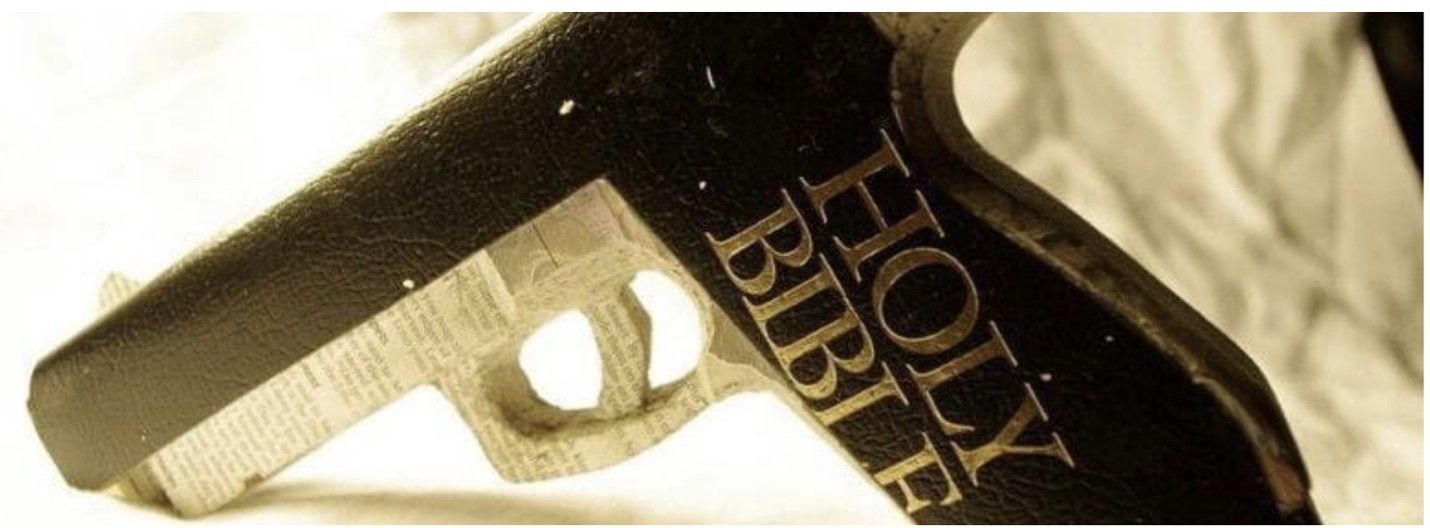Leviticus 18:22
"Thou shalt not lie with mankind, as with womankind: it is an abomination."
Well, there it is. Case closed and not much more to say about that for Jewish men. Except ... that pesky prick just will not listen. The godly won't lie with other men, as proscribed by the Book of Leviticus, but it happens. It happens in the dark, secretly, down through the ages, and perhaps in the semi-visibility of such passionate friendships as between Jonathan and David. (1 Samuel 18:1-4)
Nonetheless, under rabbinical authority, homosexual desire was so horrific that there was no place for any discussion of it that wasn't an utter and blanket condemnation. Consequently, you will look in vain for stories, anecdotes, commentary, or even subversive references to Jewish homosexual desire in the vast Jewish literature generated between ... oh, say the year 3761 BC (the date for the creation of the world as described in the Old Testament) and 1965 when the Women of Reform Judaism officially supported the decriminalization of homosexuality in the U.S. That's a long period of silence, and it had a chilling effect on the development of any discourse that sought to insert (pardon the choice of verb) homosexual desire into religious observance. Unlike queer apologists of the West, Jewish writers couldn't appeal to the classical enshrinement of homosexual love in Ancient Greece. Socrates, Achilles, and Orestes were Gentiles and therefore had nothing to teach observant Jews who were otherwise amply instructed in the ways of pleasing Jehovah. Nothing else mattered.
Of course, things splintered at the end of the 18th century when some Jews emancipated themselves from the strictures of Orthodox Judaism by either creating a more liberalized Reformed Judaism or by abandoning religious observance altogether. Confusingly, the complete apostates were still considered, or still considered themselves, Jews. With the legal emancipation of Jews by various Western governments, these Reformed or non-observant Jews entered the civic and intellectual life of France, Holland, Germany, Poland, and the Austro-Hungarian Empire. Some of them were queer and lived, either closeted or openly, as such, but none tried to harmonize Judaism or Yiddishkeit with homosexuality.
As queer culture developed, some assimilated Jews became prominent -- Magnus Hirschfeld in Germany, Harvey Milk in the U.S. -- but not as Jews. Even literature did not yield a great crop, although there were gay Jewish writers. How Jewish was Marcel Proust and how visible was that in his writings? The same questions could be asked of Maurice Sendak or Allen Ginsberg. Jewish by the tradition of matrilineal descent? Yes. Jewish in their themes and subject matter? Open to interpretation and not a definitive explication of their oeuvre. How gay was "Howl"? How Jewish was "Where The Wild Things Are?" What names can we put on a tee-shirt or coffee mug?
During the latter half of the 20th century, the pressure of gay liberation built up elsewhere and mowed down the opposition of the various flavors of Judaism in a predictable liberal-to-conservative timeline. In 1984, Reconstructionists accepted gays and lesbians as rabbinical students. By the mid-1990s, Reform Judaism fully endorsed same-sex marriage. A decade later, the Conservative movement reversed its longstanding ban on gay sexual activity and abolished its policy of not ordaining gay and lesbian rabbis. Even Orthodoxy has become infected with pockets of tolerance, although, for the most part, the ideology of abomination still holds. As recently as 2019 the Sephardic Chief Rabbi of Jerusalem declared, "[Gay people] aren't religious. It would be better if they cast off their kippah and Shabbat [observance] and show their true faces."
Somehow we've gotten beyond Leviticus 20:10 (adulterers must be put to death) and Leviticus 24:16 (stoning blasphemers), but Leviticus 18:22 lives on and on. (It is fun, though, to see how liberal commentators, both Jewish and Christian, turn themselves into pretzels trying to explain it away rather than simply discarding it.)
Recent Posts
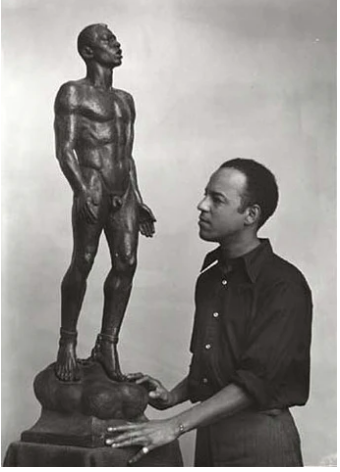
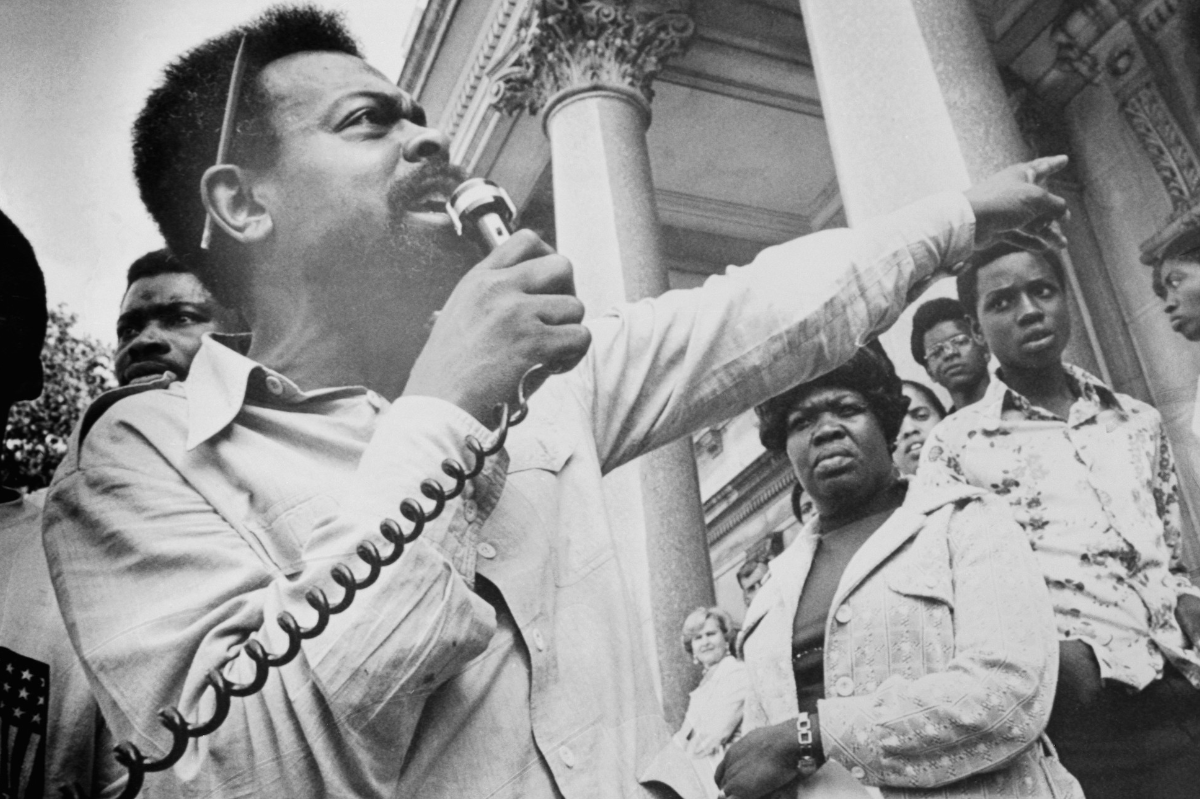
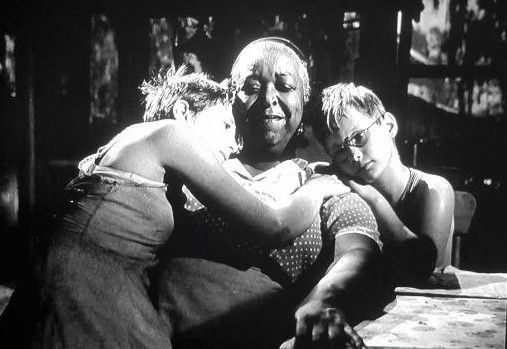
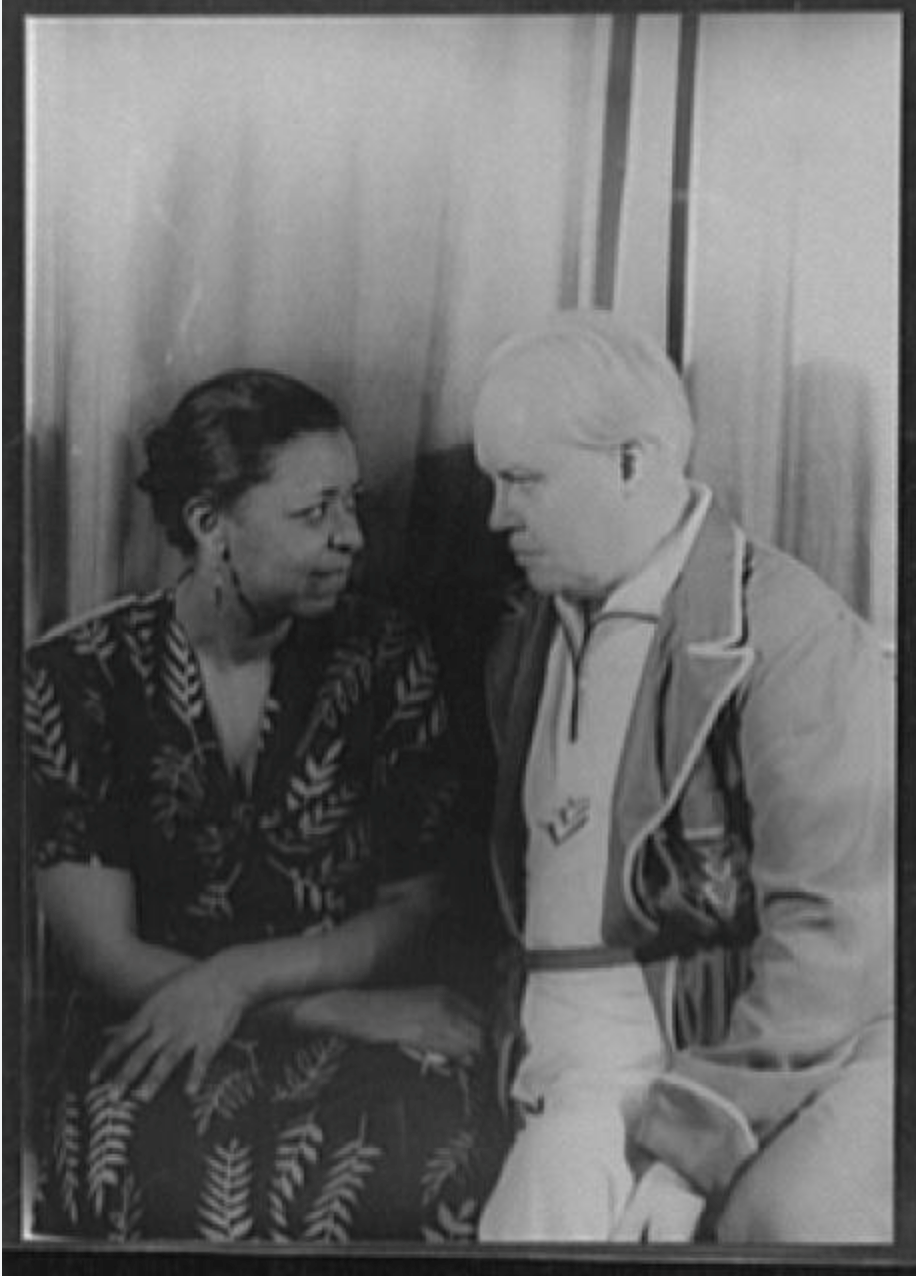
SHOGA FILMS is a 501(c) (3) non-profit production and education company. We create multimedia works around race and sexuality that are intended to raise awareness and foster critical discussion.
Contact Us
All Rights Reserved | Shoga Films
Stay Connected
Thanks for subscribing!
Please try again later.


